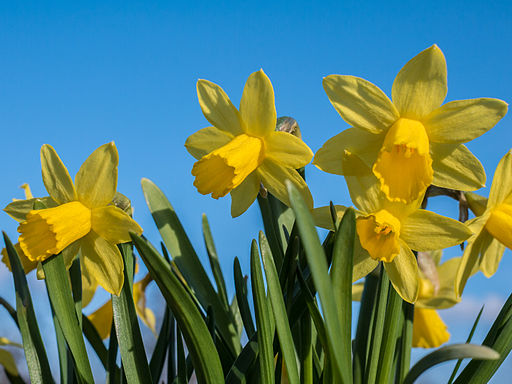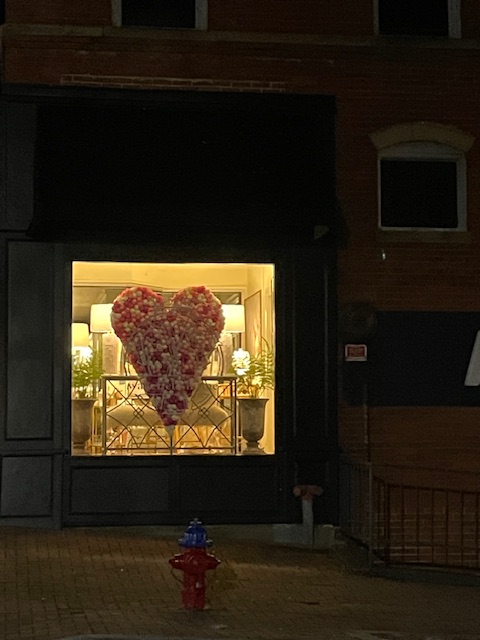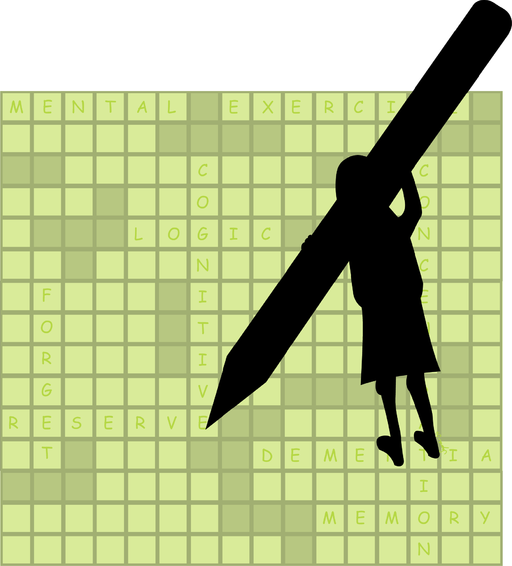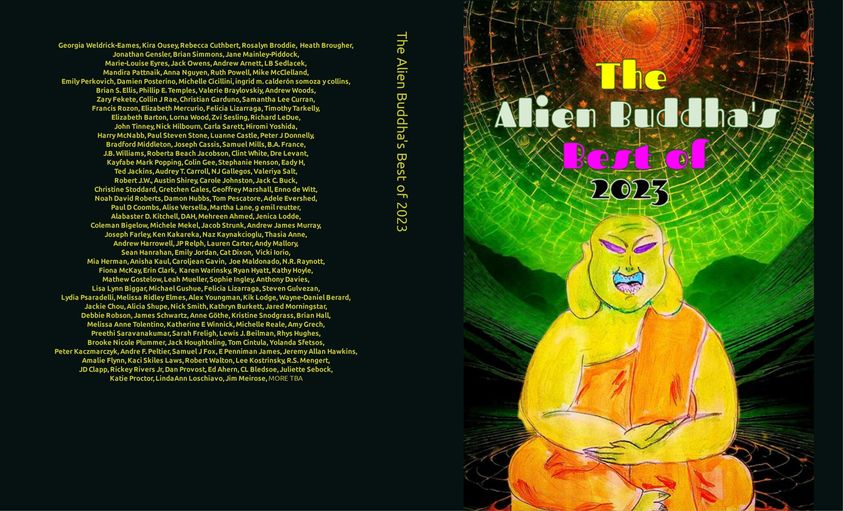
The Mantelpiece is a glossy-looking online magazine. Based on my cursory look-throughs, I would say it mixes poetry and fiction with articles on the environment, Icelandic attractions of all kinds, and issues affecting quality of life, such as advances in technology. Based on my more careful reading of some of the poetry, it seems to be a mix of smart, quirky pieces (the category I think “Houseplant Love” falls into) and pieces more straightforwardly celebrating nature, particularly Icelandic nature.
I haven’t read any of the fiction yet, but I do plan to. I will also say more about “Houseplant Love” when it is published, which is projected to be May 1. For now, I will just say that my college, Oberlin, gave out a prompt, “Write a poem on how you would like to be loved,” and I ran with it. Also, if you are a poet with a smart, quirky, and / or nature-centered poem or two lying around, this was an exceptionally pleasant and rewarding submission experience. Thanks again, Mantelpiece poetry staff!
Photo credit: Wikipedia Loves Art participant, Louis (of Healy and Millet) Millet, George Washington Maher (United States, Illinois (Chicago), 1864 – 1926); Fireplace Surround from the Patrick J. King House, Chicago, Illinois, 1901. Taken, Feb. 2009. Wikimedia Commons. CC BY-SA 2.5 DEED. Size altered by me.










